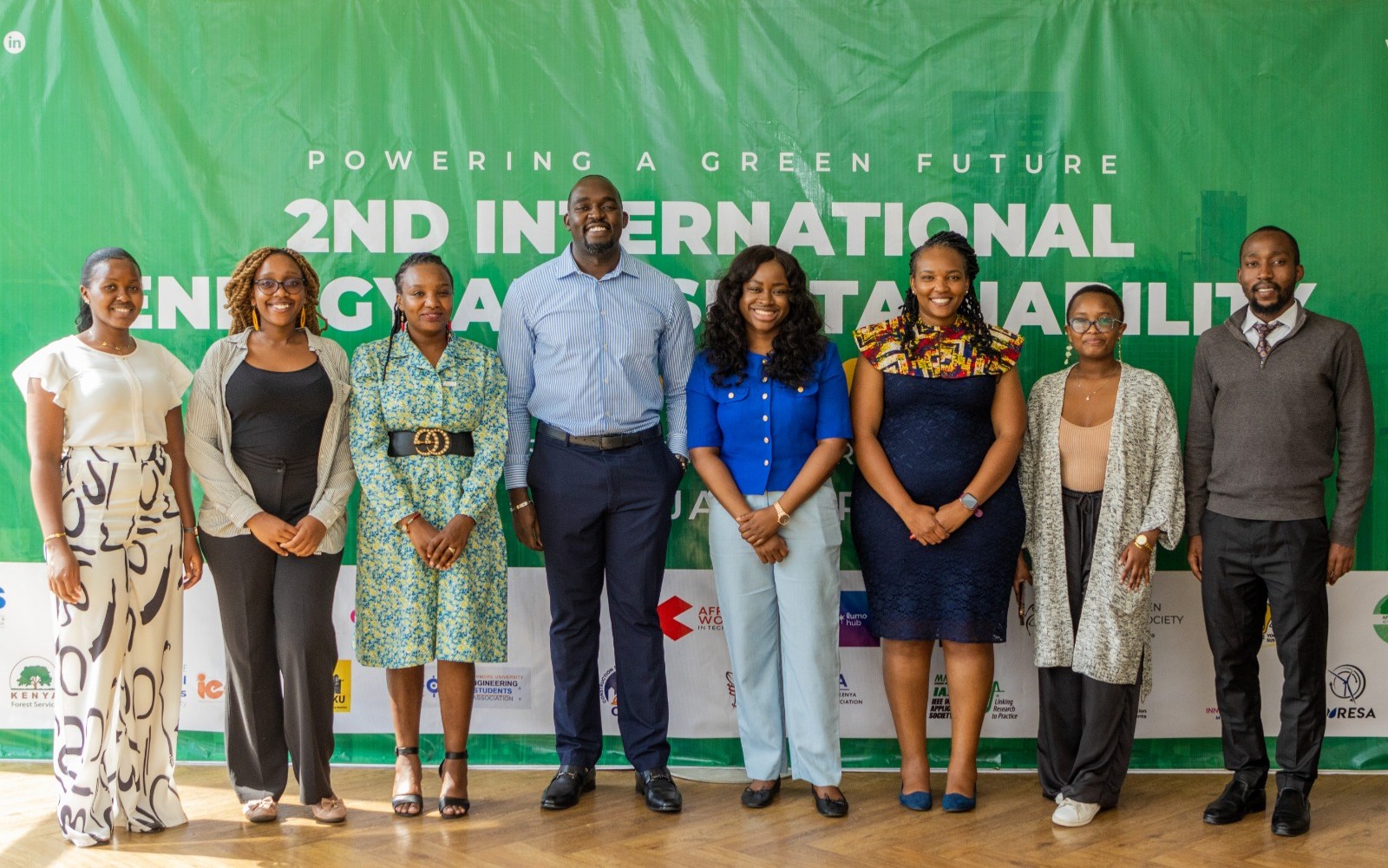As the world embraces sustainability, discussions about green livelihoods are pivotal across Africa. These livelihoods offer a solution to the dual challenges of climate change impact and escalating youth unemployment. They create jobs, preserve ecosystems, and enhance communities, aligning closely with the circular economy concept of waste reduction.
Green livelihoods are economic activities rooted in renewable resources and sustainable practices. They encompass sustainable agriculture, renewable energy, ecotourism, and waste management. These sectors hold immense potential to address Africa’s current predicaments.
Sustainable agriculture employs practices like organic farming and agroforestry to reduce soil erosion and water consumption. Renewable energy endeavors aim to diminish Africa’s dependence on fossil fuels by tapping into solar, wind, and hydroelectric power. Ecotourism leverages Africa’s abundant natural resources, fostering low-impact tourism linked to conservation. Waste management opens doors for green businesses that recycle, compost, and derive energy from waste.
Technology emerges as a linchpin in driving innovative solutions and addressing access barriers. Emerging technologies like generative AI bolster education, training, and data sourcing. Organizations in Africa are already utilizing technology for positive change. Farm Drive in Kenya utilizes AI to assess lending risks for farmers. MEST in Ghana, in partnership with Mastercard Foundation trains youth in impactful technology usage, while GreenCape in South Africa aids businesses in minimizing environmental impact.
Though sustainable agriculture and renewable energy often take the spotlight, waste management and ecotourism offer untapped potential. AI can optimize waste collection routes, enhance recycling, and provide waste education. In ecotourism, AI aids in wildlife monitoring and visitor management. For instance, WildTrack in Kenya employs AI to track elephants non-invasively, protecting them from poaching. Conservation Through Public Health, an award winning NGO based in Uganda employs technology to identify potential problems with water quality and waste management and this has helped ensure tourism aligns with environmental concerns.
Green livelihoods are a win-win for people and environment, and while I have emphasized the role of technology in creating opportunities for young people in Africa to learn and to innovate, by providing examples of where technology is already in use, however, technology is only one facet. An enabling environment is crucial for youth engagement in the green economy; and we are seeing lots of commitment from many African Governments towards creating the right environment. In Kenya, seven years ago, the government launched the Green economy strategy and implementation plan, which they are currently updating while rolling out policies and programs to support green livelihoods and encourage investment in the green economy to create supportive frameworks for sustainable growth.






